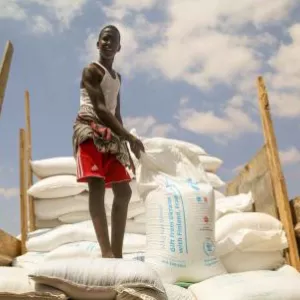End of the Black Sea Grain Initiative: Implications for sub-Saharan Africa
by Joseph Glauber, Soonho Kim, Elsa Olivetti, and Rob Vos OPEN ACCESS | CC-BY-4.0 Russia’s July 17 withdrawal from the Black Sea Grain Initiative (BSGI), has sparked fears of reduced exports of wheat and other key commodities to developing countries, along with other market disruptions. The grain deal, in place for almost a year, had clear benefits for global markets and food

End of the Black Sea Grain Initiative: Implications for sub-Saharan Africa
Russia’s July 17 withdrawal from the Black Sea Grain Initiative (BSGI), has sparked fears of reduced exports of wheat and other key commodities to developing countries, along with other market disruptions.
The grain deal, in place for almost a year, had clear benefits for global markets and food security. In the midst of war, it allowed Ukraine to export 33 million metric tons (MT) of grains and other agricultural products from its Black Sea ports—with most going to developing countries. The BSGI also contributed to a decline in international prices of staple foods and helped to sustain global food supplies.

